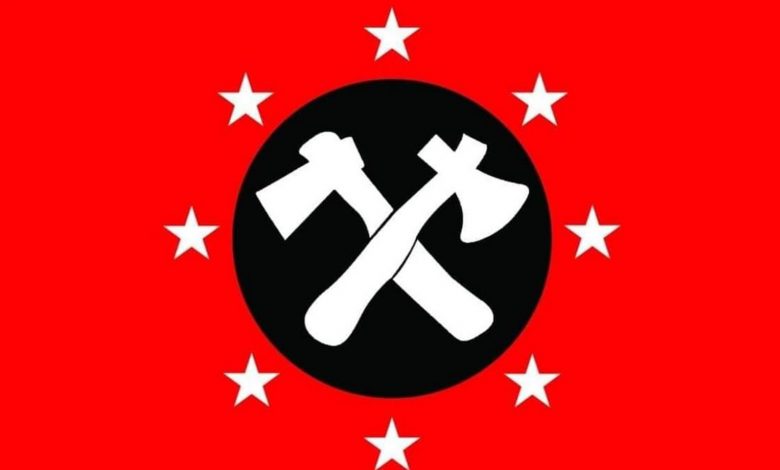Ethnic Political Party Refuses Public Broadcast on State Media After Election Commission Censors its Transcript
The United Nationalities Democracy Party (UNDP) announced on October 1st they will not be using the allocated air time on state owned radio and television for them to speak about the party's policies and positions.

The announcement was made after the UNDP’s transcript submitted to the Union Election Commission (UEC) about their policies and position was edited.
David Hla Myint, chairperson of the UNDP told Karen News they did not want their party’s policies and position to be compromised.
“We don’t want the Union Election Commission to edit the policies of any political party in order to be broadcasted. If we accept these conditions, it will set a bad precedent for our political future. It means we can’t even hold on to our original policies and positions, because of this we have decided not to take the allotted airtime and have now withdraw from it.”
David Hla Myint, pointed out if the UEC is restricting the freedom of expression of political parities and interfering in their campaigns, it damages the transitioning to a democratic country.
The UNDP submitted their proposed transcript on their policies and positions on August 21, following an UEA call for political parties to submit their documents for broadcast on state owned radio and television.
David Hla Myint said the Union Election Commission made edits to the UNDP transcript on its policies that included the following points – a re-write of the constitution, set up parliament with only elected members of parliament [this excluded the military’s automatic allocation of unelected 25 % of seats] and to build a federal union based on equal rights and self-determination.
Aside from the UNDP, other political parties, including the People’s Party and Democratic Party for New Society (DPNS), had experienced similar issues with the UEC and had in response issued statements highlighting the difficulties.
The UNDP is a member of the United Nationalities Alliance (UNA), a coalition of ethnic political parties of as many as 70 members. The UNDP will field 33 candidates in the upcoming general election in States and Regions; including the Yangon Region, Ayeyarwaddy Region, Pago Region, Tanintharyi Region, Sagaing Region, Mon State, Karen State and Kachin State.




